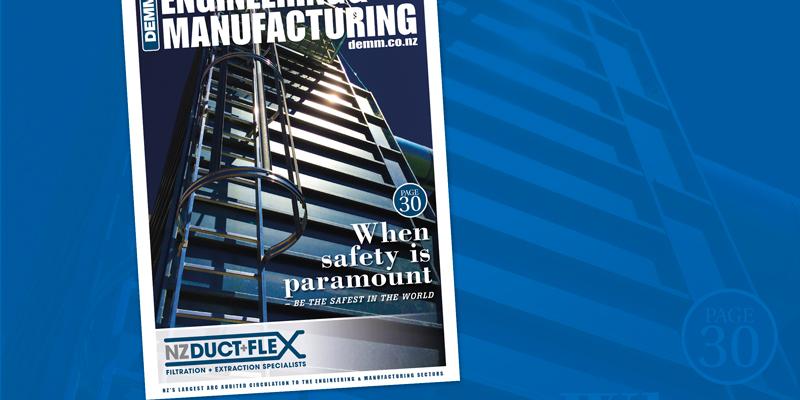Apparently, the current cost to repair failing rails, roadways, tunnels in bridges in the USA is astronomically high. The American Society of Civil Engineers scored the country’s infrastructure a D+ and estimates an investment of USD3.6 trillion will be needed to repair the majority of it within the next three years.
But instead of relying on government funding for this, President Trump reckons he can stimulate USD1 trillion into private-sector infrastructure spending with USD140 billion in tax credits to companies who will step up to the challenge. But, say observers, since the return on investment is little to none, many private companies will not jump at the chance to participate in the work. Privatizing the work could also lead to private asset holders with too much power over future investment decisions. Trump’s other plan is to repatriate profits by offering a one-time tax rate incentive of 10% to bring business back to U.S. from overseas. This could appeal to manufacturing and offshore pharmaceutical companies, but U.S. manufacturing needs to be prepared for such an undertaking because this will make US products very expensive.






